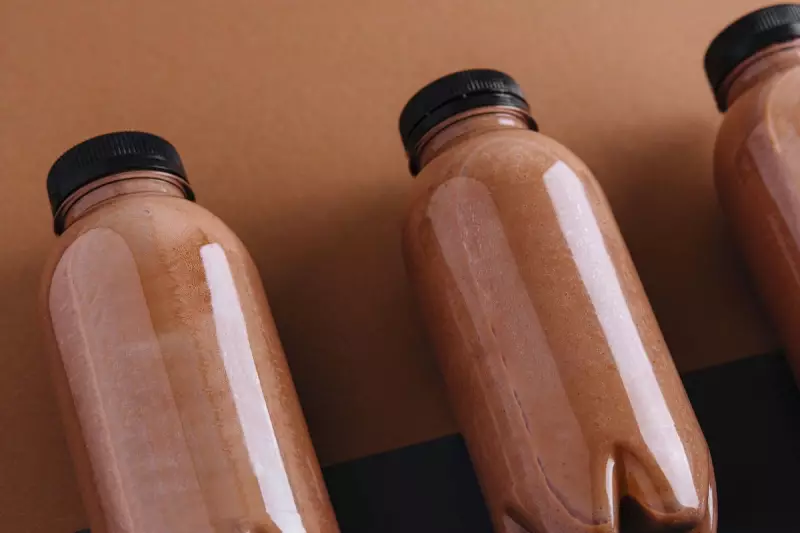
In a significant move to tackle the nation's health crisis, the UK Government has announced it will expand the existing sugar tax to include popular milk-based drinks. Health Secretary Wes Streeting revealed to the House of Commons that the exemption for pre-packaged milkshakes, lattes, and sweetened yoghurt drinks will be scrapped.
What the New Sugar Tax Rules Mean
The soft drinks industry levy (SDIL), commonly known as the sugar tax, will now apply to a wider range of beverages. Announced on Tuesday 25 November 2025, the change means manufacturers of pre-packaged milkshakes, flavoured milk, and milk substitute drinks will have to pay the new charge if their products exceed a specific sugar threshold. Crucially, drinks made fresh in cafes and restaurants are exempt from this levy.
Mr Streeting emphasised the government's commitment to public health, stating: "Obesity robs children of the best possible start in life, hits the poorest hardest, sets them up for a lifetime of health problems and costs the NHS billions." He confirmed that the government will also reduce the maximum amount of sugar allowed in drinks to 4.5g of sugar per 100ml. This is a slight relaxation from the 4g per 100ml initially proposed in the government consultation.
Deadlines and Expected Impact on Public Health
Companies have been given a deadline of 1 January 2028 to reformulate their products to fall under the new sugar threshold or face the financial penalty. This gives the industry just over two years to adapt.
The Department of Health projects that this policy change will have a substantial impact, potentially cutting 17 million calories from the nation's daily intake. This is broken down into nearly four million fewer calories for children and 13 million for adults across England. The government estimates these measures could prevent almost 14,000 cases of adult obesity and nearly 1,000 cases of childhood obesity, thereby reducing the future burden on the NHS from conditions like cancer, heart disease, and stroke.
Industry and Expert Reaction
Health experts and campaigners have largely welcomed the move, though some expressed a desire for more ambitious targets. Katharine Jenner, Executive Director of the Obesity Health Alliance, called it a "sensible and long-overdue step to protect children's health – especially their teeth." She pointed to the success of the existing levy, which led to a 46% average reduction in sugar in soft drinks between 2015 and 2020.
However, Dr Kawther Hashem of Action on Salt and Sugar noted that the opportunity to set the threshold at 4g per 100ml was missed, stating that "today's decision misses an opportunity to drive further meaningful reformulation." Despite this, the government highlighted that businesses have seen a 13.5% rise in volume sales of drinks since the original sugar tax was introduced in 2018, proving that public health goals and industry growth are not mutually exclusive.






